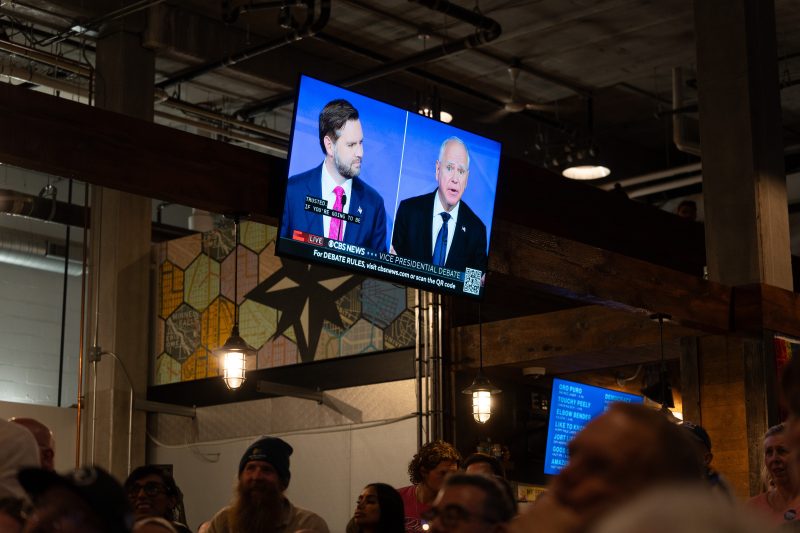In the recent debate between candidates Vance and Walz, both individuals presented strong arguments on key issues, garnering attention from voters and political analysts alike. While Vance was perceived as the victor of the debate by many, it is believed that Walz may have made a more significant impact in terms of gaining support and generating interest.
Throughout the debate, Vance showcased his expertise on economic policies and national security, often leading the conversation with detailed plans and statistics to back up his positions. His confident demeanor and clear articulation undoubtedly resonated with viewers, establishing him as a formidable contender in the eyes of the audience.
On the other hand, Walz strategically focused on connecting with voters on a personal level, sharing relatable anecdotes and highlighting his commitment to serving the community. By emphasizing the human aspect of politics, Walz successfully portrayed himself as a compassionate and trustworthy leader, potentially swaying undecided voters in his favor.
Despite Vance’s strong performance in the debate itself, it is Walz’s ability to connect with voters on an emotional level that may have a lasting impact on the outcome of the election. In today’s political landscape, authenticity and empathy play crucial roles in winning over constituents, and Walz’s approach reflects a deep understanding of this reality.
As the election draws near, it will be fascinating to observe how the dynamics between Vance and Walz continue to evolve. While Vance’s expertise and confidence are undeniably assets in the political arena, Walz’s genuine connection with voters may prove to be the deciding factor in determining the ultimate winner. The intersection of policy expertise and emotional intelligence will undoubtedly shape the outcome of this closely watched race.

